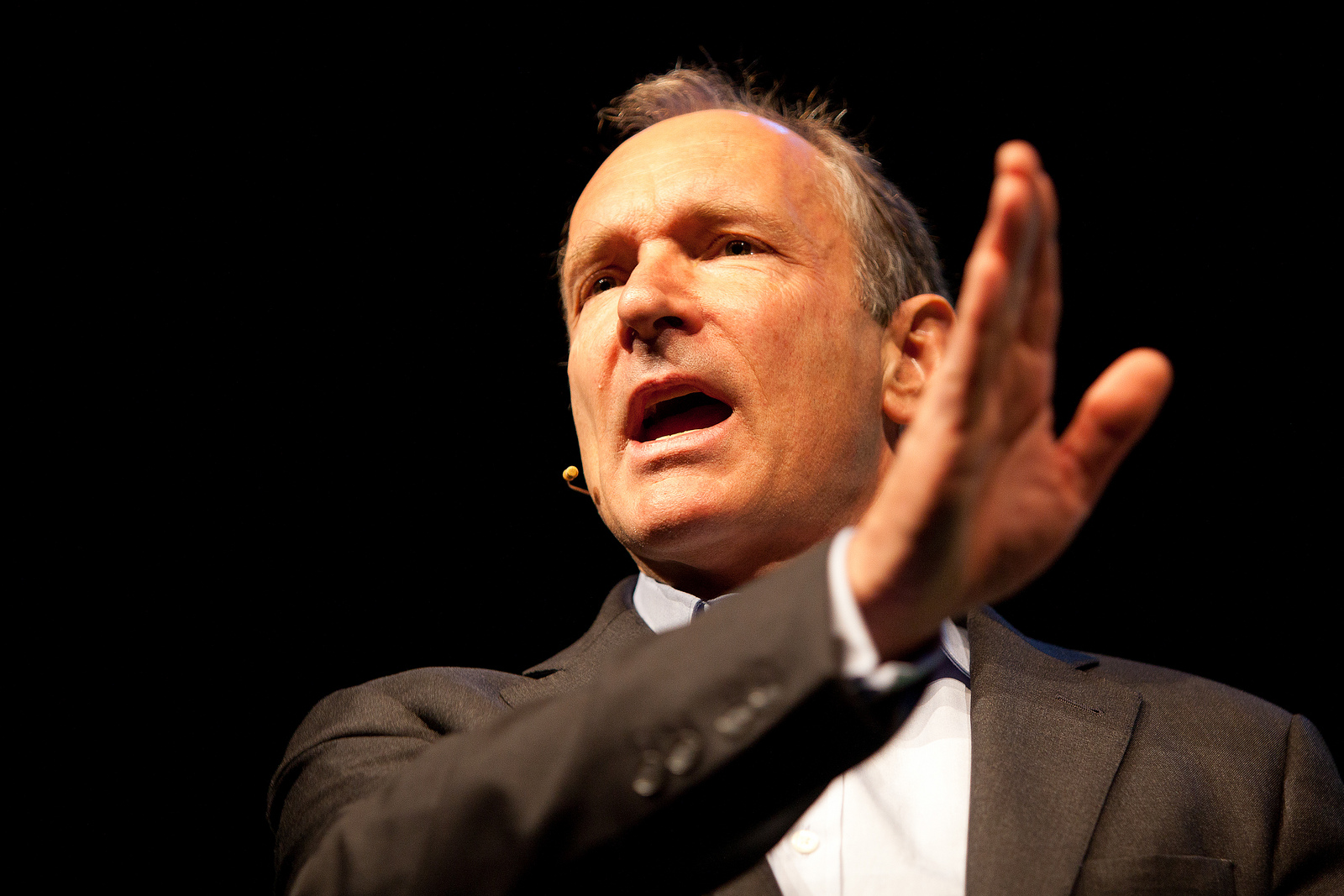The web at 25: Where next?
As the world wide web celebrates its birthday, Simon takes stock of what's happened so far, and the big tests ahead...

Sign up today and you will receive a free copy of our Future Focus 2025 report - the leading guidance on AI, cybersecurity and other IT challenges as per 700+ senior executives
You are now subscribed
Your newsletter sign-up was successful
The world wide web is effectively 25 years old today (in that it's a quarter of a century since Sir Tim Berners-Lee pitched the idea of it), and you don't need another article on the internet to tell you just how much of an impact on day to day life it's had.
So it's no surprise that the legal boundaries of the planet have been interrogated, and satisfactory answers have not followed as a consequence of that. As many have found, what's illegal in one country is accepted in another, and the decimation of global communication barriers, whilst not absolute (just look at Google's website in China for evidence of that), is nonetheless sizeable. Law enforcement isn't even in the vicinity of keeping up. It never stood a chance.
The challenge
As Professor Alan Woodward of Surrey University argues: "The challenge facing the next 25 years of the web is the whether the current internet can survive without agreed and adequate global governance. Such regulation would prove a Herculean task, fraught with challenges but such regulation does exist in other shared infrastructures".
He adds that "should we also consider digging a new set of foundations, for which there are candidates, or do we keep trying to underpin a technology that was developed at a time when cyber-crime was science fiction?"
There's no easy answer to that question, but then there never has been. That's, inevitably, why it remains unanswered.
The smart money suggests that it will remain so, although there's a strong argument that lack of formal regulations may yet be the best way forward for the world wide web.
At least that's a winnable battle: to come up with a global set of regulations and foundations for the web would require a seismic act of getting countries to agree with each other, when history dictates that international consensus on anything is a rarity. Individual countries legislating remains a clunky way forward, but how, realistically, will that ever change?
Sign up today and you will receive a free copy of our Future Focus 2025 report - the leading guidance on AI, cybersecurity and other IT challenges as per 700+ senior executives
-
 ITPro Excellence Awards winners unveiled
ITPro Excellence Awards winners unveiledIt's time to celebrate excellence in IT. Read on for the full list of winners...
-
 This new mobile compromise toolkit enables spyware, surveillance, and data theft
This new mobile compromise toolkit enables spyware, surveillance, and data theftNews The professional package allows even unsophisticated attackers to take full control of devices
-
 Tim Berners-Lee sets out vision for the web in 2050
Tim Berners-Lee sets out vision for the web in 2050News The World Wide Web creator calls on internet users to defend net neutrality and create a more democratic web
-
 The worldwide web at 25: business' window on the world
The worldwide web at 25: business' window on the worldIn-depth What are businesses making of an invention many CIOs dismissed as a gimmick?
-
 Why is an open data policy so important?
Why is an open data policy so important?In-depth Following Tim Berners-Lee’s quest to open up data, we take a look at why it’s important the UK government gets a formal policy in place.
-
 Berners-Lee predicts new internet revolution
Berners-Lee predicts new internet revolutionNews The "father of the web" sets out his vision for the future of the online world.
-
 Week in review: IE9, net neutrality and 100Mbps broadband!
Week in review: IE9, net neutrality and 100Mbps broadband!News This week, Microsoft launched IE9, there was something of a stalemate in a net neutrality debate and Virgin boasted about its 100Mbps broadband.
-
 Gordon Brown takes leading role on the web
Gordon Brown takes leading role on the webNews The former UK Prime Minister uses his connections to democratise broadband.
-
 Tim Berners-Lee unveils government data site
Tim Berners-Lee unveils government data siteNews The web inventor is set to launch a new government data site today.
-
 MPs' expenses to go online with help of Tim Berners-Lee
MPs' expenses to go online with help of Tim Berners-LeeNews The creator of the web Sir Tim Berners-Lee has been tapped by PM Gordon Brown to help the government put more data online.